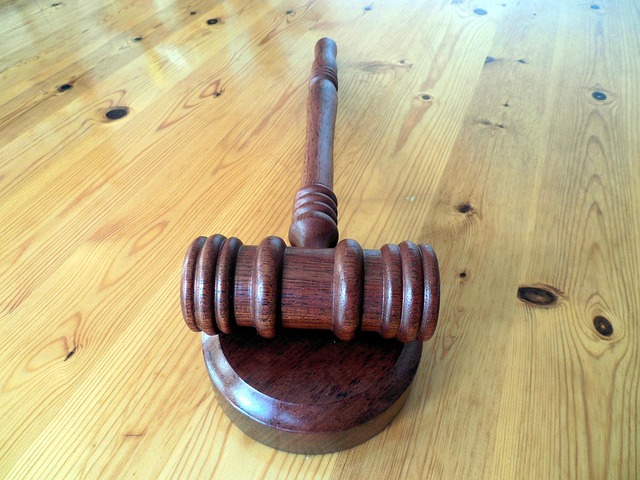The legal aspects of background checks involve a complex mix of federal and state laws, most notably the Fair Credit Reporting Act (FCRA), which govern data collection, use, and privacy. Inconsistencies across jurisdictions, data accuracy issues, and limited access create challenges. Balancing security needs with individual privacy is crucial, requiring strong data protection measures and clear guidelines on information use to ensure legal compliance while safeguarding public safety.
In today’s world, background checks are an integral part of various processes, from employment to licensing. However, the legal aspects of background checks remain complex and often misunderstood. This article delves into the understanding of the legal framework governing these checks, exploring limits and loopholes in current laws, and addressing the delicate balance between privacy and security. By examining real-world examples and proposed solutions, we aim to provide insights into enhancing the legal limitations of background checks.
- Understanding Legal Framework Governing Background Checks
- Limits and Loopholes in Current Background Check Laws
- Balancing Privacy and Security: Challenges and Solutions
Understanding Legal Framework Governing Background Checks

The legal framework governing background checks is a complex web of federal and state laws, each with its own set of regulations and requirements. These checks play a pivotal role in various aspects of life, from employment to housing and beyond, making their legal underpinnings crucial for understanding rights and responsibilities. The US has several key laws that dictate how background information can be obtained, used, and protected, such as the Fair Credit Reporting Act (FCRA) which applies to consumer reports, including background checks conducted by employers and lenders.
This framework ensures certain legal protections for individuals while also enabling organizations to conduct necessary due diligence. It sets guidelines on what kind of information can be accessed, how it should be used, and who has the right to view it. Furthermore, it outlines the procedures for disputing inaccurate data, providing a safeguard against potential privacy invasions. Navigating these legal aspects of background checks is essential to ensure compliance, protect personal rights, and maintain fairness in various societal interactions.
Limits and Loopholes in Current Background Check Laws

Despite their widespread use, background check laws are far from perfect and come with several limitations and loopholes. One of the primary challenges is ensuring consistency across jurisdictions. Different states and countries have varying laws and regulations regarding what information is required and how thoroughly it’s checked. This inconsistency can lead to disparities in outcomes, especially when individuals undergo multiple checks for different purposes.
Another significant issue is the accuracy and accessibility of data. Background check databases are only as reliable as the information they contain. Outdated records, errors, or even intentional misinformation can compromise the integrity of a check. Moreover, certain sensitive data might be difficult to access, especially when dealing with international subjects, creating further obstacles in thorough verification processes.
Balancing Privacy and Security: Challenges and Solutions

In the realm of background checks, balancing privacy and security presents a complex challenge. On one hand, thorough checks are essential for safeguarding sensitive environments, such as government facilities, critical infrastructure, and educational institutions. Delving into individuals’ pasts can help identify potential risks and ensure public safety. However, this process must navigate intricate legal aspects and respect personal privacy rights.
One solution lies in implementing stringent data protection measures to safeguard checked information. This includes encrypting sensitive data, limiting access to authorized personnel only, and establishing robust procedures for secure storage. Additionally, clear guidelines should be set on the types of information to be considered relevant and proportional to the context, ensuring that background checks remain proportionate and respectful of individual privacy.
